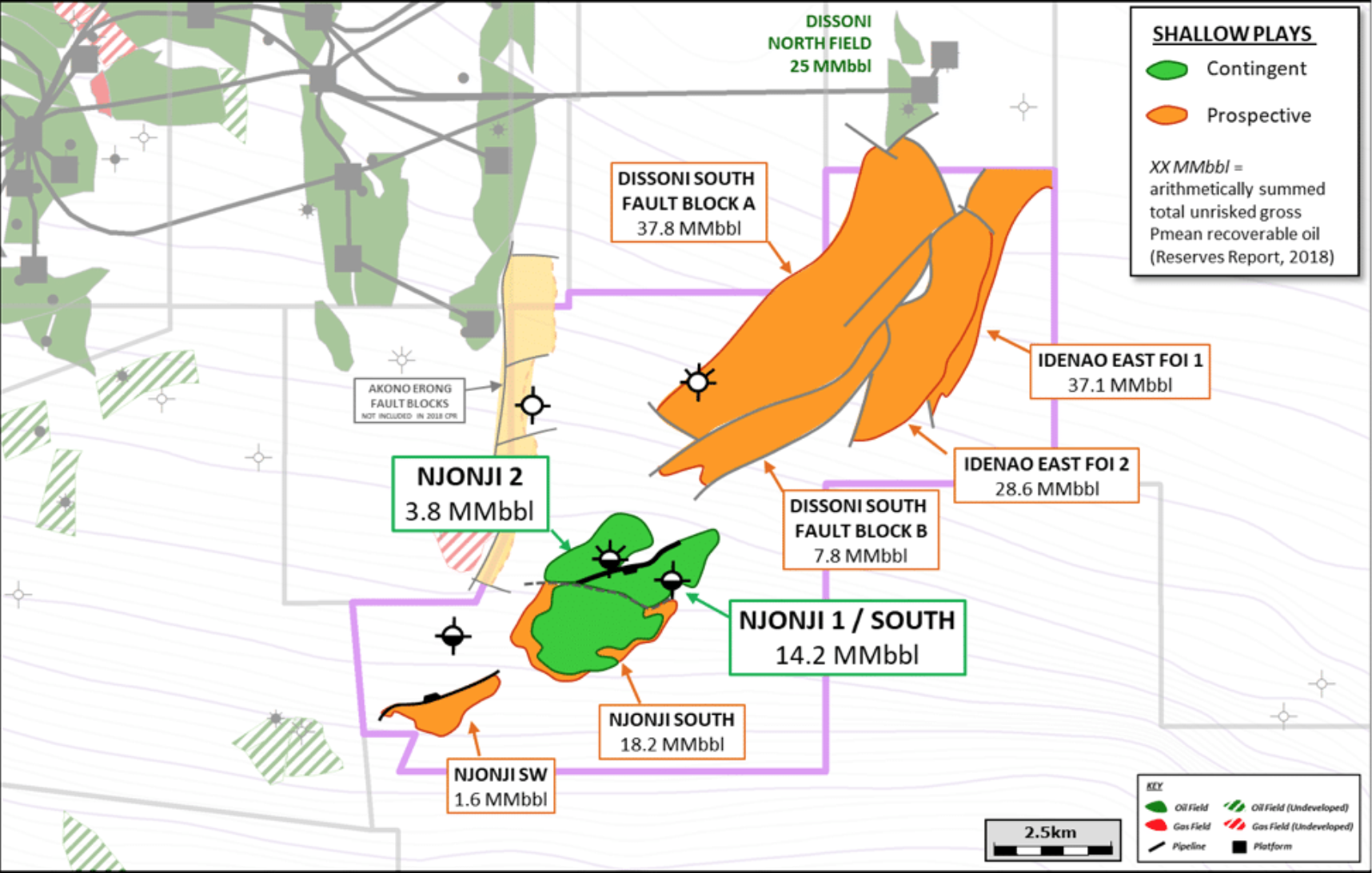Read more
On September 9, the U.S. Government’s Millennium Challenge Corporation (MCC) officially launched the $550 million MCC–Senegal Power Compact in Dakar. The five-year partnership had been signed since 2018 and will be completed by an additional $50 million commitment from the Government of Senegal. Investments will be made specifically in the strengthening of electricity networks in Dakar along with the boosting of electricity access in peri-urban and rural areas of the south and central regions. “The compact investment is designed to strengthen the power sector, by increasing reliability and access to electricity and aims to help the Government of Senegal establish a modern and efficient foundation upon which the nation’s power system can grow,” the MCC explains. The compact includes in fact three distinct projects: a $376.8m project to modernize and strengthen Senelec’s transmission network, a $57.3m project to increase access to electricity in rural and peri-urban areas, and a $43.5m reform and capacity building project to strengthen the country’s laws, policies and regulations governing the electricity sector. The strengthening of the state-utility’s transmission network will mobilise most of the company’s financing and target high-voltage transmission network in around around greater Dakar. It is notably expecting to pave the way for additional private sector investment in power generation in the future, including gas-to-power and renewable energy sources. Beyond official support from the American government, Senegal has attracted several private American investors into its power sector. The 86.6 MW Cap des Biches power plant for instance was the result of an agreement between ContourGlobal and Senelec executed during the Africa Leaders’ Summit convened by President Barack Obama in 2014. Both companies worked to rehabilitate the former GTI Dakar power station and construct a new thermal facility that remains until today one of Senegal’s top performing power plants.
It took almost two decades, two historic crashes in commodity prices and two recessions for Nigeria to finally adopt its new Petroleum Industry Bill. Following its passing at both chambers of Parliament in July, the bill was officially signed into law by President Buhari today. The bill is expected to provide much-needed regulatory certainty for investors seeking to do business in Africa’s most populous nation. Nigeria has the world’s eight largest proven gas reserves and is Africa’s largest crude oil producer. However, years of under-investment have left production on a declining trend: in June of this year, Nigeria was producing only about 1.4m bopd and has not been producing over the 2m bopd threshold since 2012. A major factor to judge the efficiency and impact of the PIB will now be its ability to revive deep-water projects that have remained on the shelves for years. IOCs in Nigeria have discovered billions of barrels of oil equivalent offshore which have remained undeveloped because of market conditions and lack of a supportive regulatory framework. The passing of Nigeria’s Deep Offshore and Inland Basin Production Sharing Contract (Amendment) Act in late 2019 had only further jeopardized the economics of most of these discoveries by removing the water depth-based royalty and replacing it with a flat 10% royalty on all deep-water PSC. It had also introduced a price-based royalty adding 0 to 10% depending on the oil price. Will the PIB be able to revive the investment appetite of IOCs for those deep-water projects? Time will tell but time is also of the essence. Only the development of these discoveries has the power to significantly increase Nigeria’s output. Another crucial aspect to take into consideration is the security situation in the Niger Delta. Insecurity and vandalism there are one of the main reasons for investors shying away from Nigeria and for the exit of IOCs out of their onshore and shallow water licenses in the country. It remains until today a major factor preventing Nigeria’s hydrocarbons sector to realize its investment potential. Because host communities will not be receiving the share they asked for (2.5-3% instead of 10%), an appeasement in the Niger Delta is not certain. For the same reason, the PIB is not expected to slow down the pace of divestments by IOCs in the Niger Delta, although the same move will benefit indigenous players with cash at hand.

